Warblers that weigh about as much as a stack of 12 business cards fly thousands of miles across the Atlantic during their fall migration.
Imagine a journey that requires you to first pack on the pounds, then get rid of your intestines, and finally to forgo eating and sleeping for three days. For the blackpoll warbler, such a feat is called their fall migration.
Barely half an ounce (12 grams), these tiny birds fly from northeastern Canada to South America every fall. But no one knew what path they took.
It turns out the warblers fly nonstop over the Atlantic Ocean, researchers report March 31 in the journal Biology Letters. (Learn about the world’s longest migration.)
They absorb organs they don’t need for their flight, like their intestines – Ecologist Bill DeLuca
Ecologists affixed lightweight tracking devices to five blackpoll warblers during the fall 2013 migration to discover the animals’ overwater route.
The warblers fuel up on fat for the journey, going from 0.4 ounces (12 grams) to 0.6 ounces (16 grams), says lead study author Bill Deluca, an ecologist at the University of Massachusetts, Amherst. Some overachievers double in weight. “Basically, they’re these little meatballs with wings,” he says.
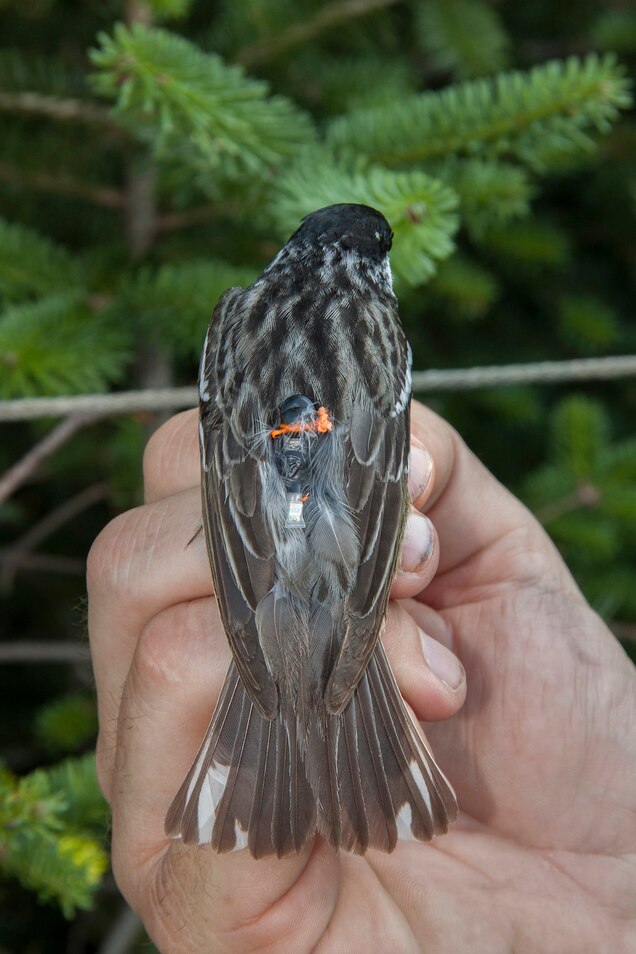
Then they absorb internal organs they won’t need for the trip, like their intestines, to reduce excess weight, Deluca says. Reduced to fat, feathers, and muscle, the birds depart, taking advantage of trade winds for their journey south.
The warblers can’t catch these winds on their way back, so they take an overland route in the spring, Deluca explains.
The Big Picture
Researchers aren’t sure why the warblers fly south over the ocean but return over land. It could be a remnant of ancient migratory pathways, Deluca says, or it could actually be safer.
Basically, they’re these little meatballs with wings – Ecologist Bill DeLuca
Flying over land, birds have to contend with predators and collisions with buildings or cars.
Migrators from birds to butterflies face a gauntlet of danger. Larger birds that can carry more fuel travel farther—such as the Arctic tern, which hopscotches from Greenland to Antarctica and back with stops in Africa, South America, and the Arctic. (Read about threats facing other migratory birds.)
Knowing exactly where birds like the blackpoll warbler go is crucial to their conservation, Deluca adds. “This species is probably one of the most common warblers in North America,” he explains, but “it’s also one of the fastest declining species.”
What’s Next
Researchers don’t know why the birds are disappearing and whether the problem lies in North or South America. So Deluca and colleagues hope to collaborate with South American researchers to figure out where these birds spend their time and what threats they face.
This article was first published by National Geographic on 31 Mar 2015. Lead Image: Blackpoll warblers, like this male, may be tiny, but they’re able to haul themselves across the Atlantic without stopping during their fall migration – Photograph by Robert Royse.
What you can do
Support ‘Fighting for Wildlife’ by donating as little as $1 – It only takes a minute. Thank you.

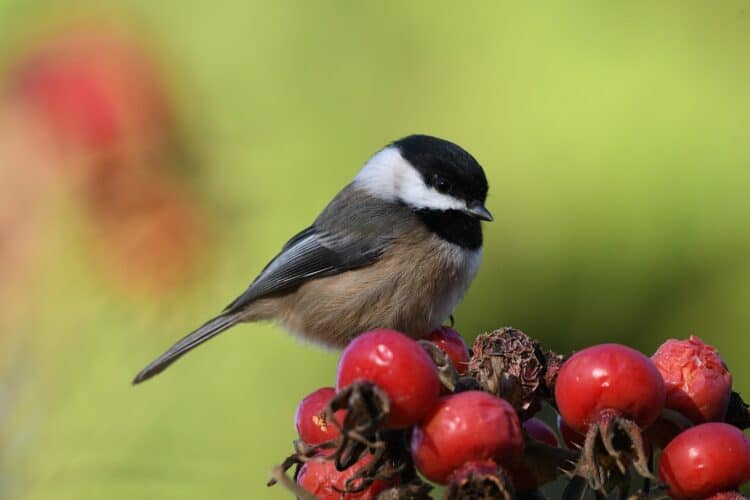
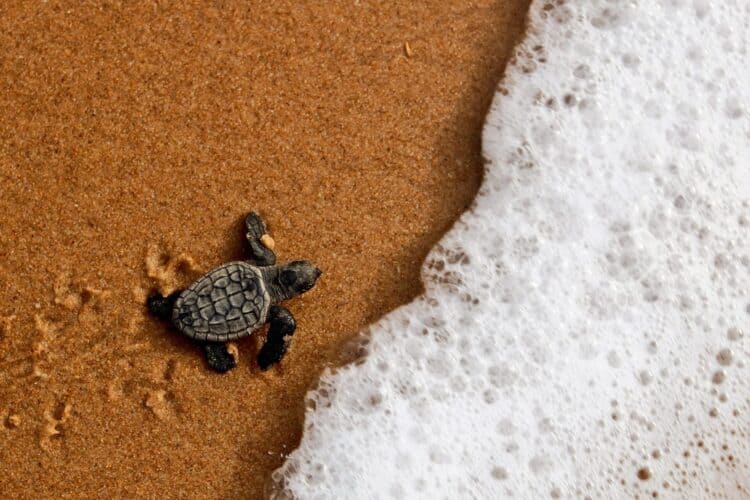
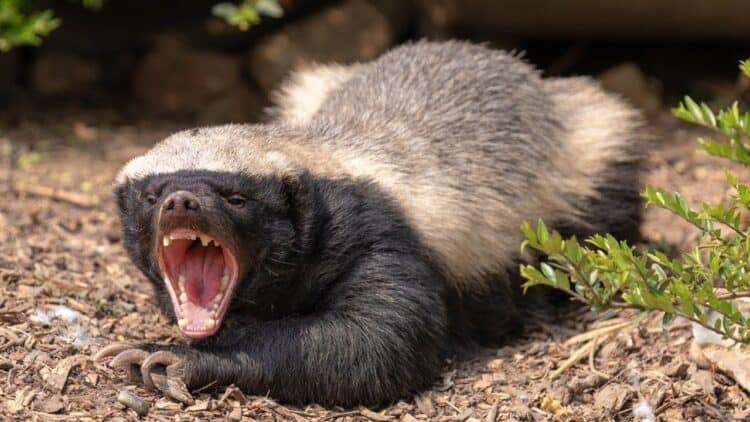

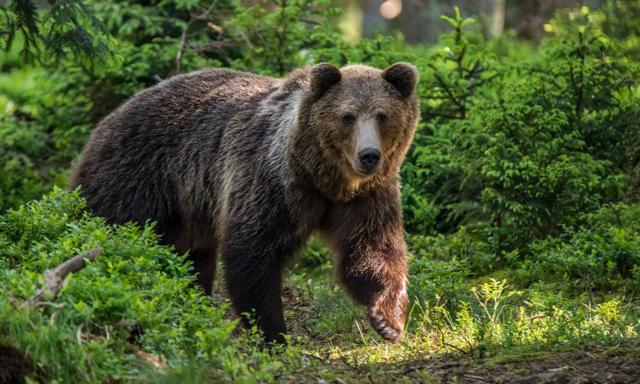
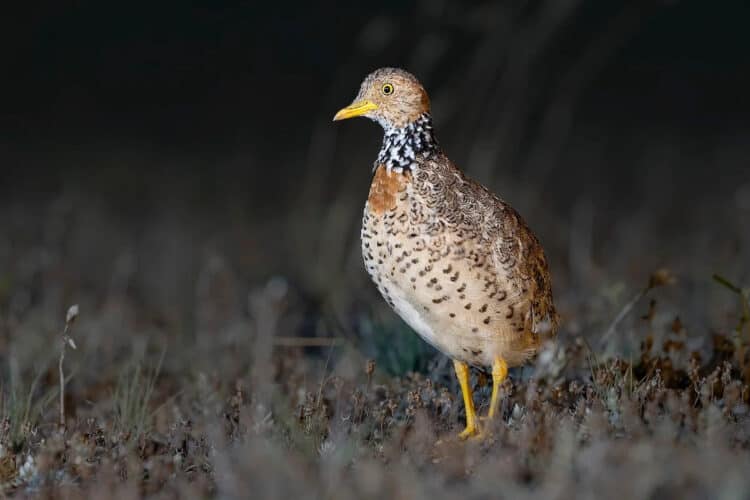
Leave a Reply